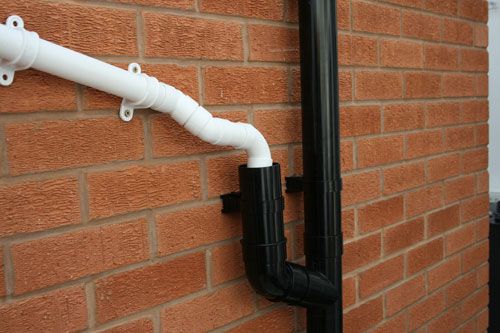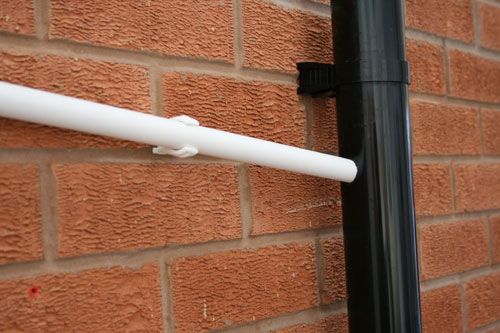


Worcester, Bosch Group, is warning installers that heavy rain can be as damaging to a condensing boiler as extreme cold, if the proper precautions are not taken.
In some cases, wet weather can be more costly and burdensome than cold weather, because flooded boilers cannot be repaired. The damage done to a boiler through rainwater can also void any guarantees an installer may have with their supplier.
Martyn Bridges, director of technical communications and product management, said: “The domestic heating community has done a great job raising awareness of the importance of protecting a heating and hot water system against extreme winter weather, particularly the cold. But it’s important to remember that, in the UK, a wet Christmas is more likely than a white one.”
Heavy bursts of rain place greater strain on the domestic drainage system, which can lead to water being diverted back into the internal pipework of the house. This is exacerbated if pipework and filters become clogged with leaves and debris.
Condensing boilers can be at a particular risk of flooding. Condensate pipes can terminate at the rain water downpipe, providing the pipe terminates to the foul waste water system. If this becomes blocked or overflows, there is a strong chance of water backfilling into the condensate pipe and, subsequently, the boiler.
Martyn continued: “The damage done to a condensing boiler is irreparable and a replacement will usually be required.”
“With this type of termination, it’s vital that you fit an external air break into the pipework before it enters the vertical rain water pipework. This separates the condensate outlet of the boiler from the drain pipe connection, which means that water won’t flow back into the condensate pipe, even if the downpipe becomes blocked.
“It’s a simple solution to a potentially big problem, and will help to protect heating and hot water systems right the way through the winter months.”
